Everyone who has a home garden knows the burden of cleaning out the weeds. It is the most tedious thing in the world! But, if you keep guinea pigs as pets, you might want to stop for a second and read this article.
Guinea pigs are herbivores, and you might now be thinking if guinea pigs can consume weeds, especially those unwanted plants in your garden.
Can guinea pigs eat weeds? Guinea pigs can eat certain weeds such as cleavers, chickweed, dandelion weeds, plantain, hawthorn, white and red clover, yarrow, white clover, groundsel, and nut grass. However, some weeds cannot be eaten as they are poisonous to them.
If you are interested to learn more about some weeds as food for the guinea pigs, we have prepared sections about benefits, nutrition facts, risks, and some fun information about these weeds.
Table of Content
Are Weeds Good for Guinea Pigs? | Health Benefits
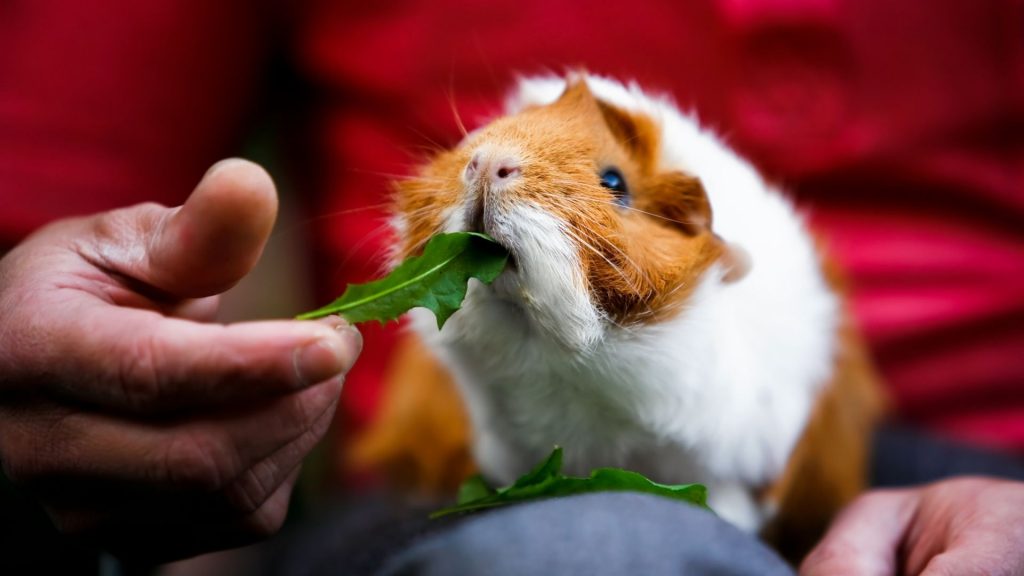
They are good for guinea pigs if you pick the right weeds. Some types of weeds can be poisonous, so a good pet owner must research before giving unfamiliar weeds to their pet.
Choosing the right weeds can serve a lot of benefits, especially if given in the right amount. Here are some of its health benefits in general:
Antioxidants
These are nutrients that can strengthen your pet’s immunity, and they fight free radicals, which can cause most of the diseases in guinea pigs.
Lots of Energy, Healthy Cells, and Organs
The B vitamins are essential for the health of every cell in the guinea pigs’ bodies. When the cells are in good health, the whole organism works perfectly, and it will be kept in good shape. Vitamins B1, B2, B5, B6, and B12 are usually present in most types of weeds; they keep all internal organs healthy, the skin, and eyesight too. These vitamins also help convert everything the cavy consumes into energy, creating new blood cells.
Scurvy Prevention
Guinea pigs can only survive if they get enough vitamin C in their diets. They need this daily. Otherwise, they will have many health problems, and they are more prone to a disease called scurvy. This disease will appear only when they have a deficit of vitamin C.
Healthy Blood
Without enough iron, the blood isn’t healthy, which triggers different problems. Lack of iron makes the organism tired and fatigued, there is no appetite, and there is a rapid, unhealthy weight loss. But, weeds have good amounts of iron, and this way, the guinea pig can fight off any risk of anemia. Some of them also have vitamin K, which produces a blood protein prothrombin, essential for healthy blood.
Nutrition Facts of Weeds
As an example, we will start with the nutrients for some types of edible weeds for your guinea pig:
Dandelion Weeds
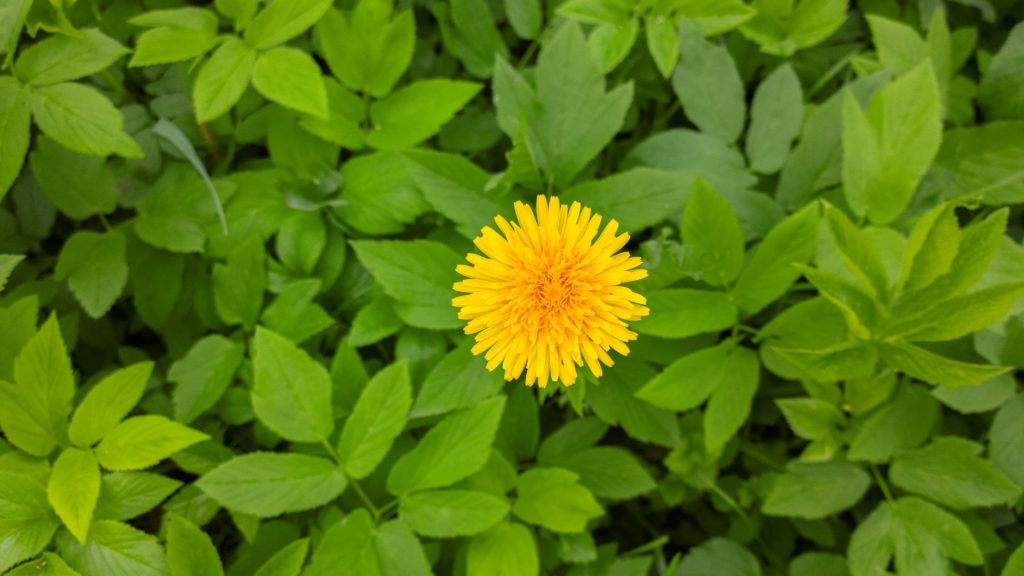
- Beta-carotene: This nutrient gets converted into vitamin A. Vitamin A is needed for healthier skin, better immunity, and better eyesight. It is also one of the strongest antioxidants for the organism.
- B-vitamins (B1, B2, B5, B6, B12): Vitamin B1 keeps the nerves, muscles, brain, stomach, heart, and intestines healthy and converts everything consumed into energy; vitamin B2 promotes better oxygen flow in the body; vitamin B5 makes new blood cells; vitamin B6 boosts the serotonin (happiness hormone), improves sleep quality, and reduces anxiety; and vitamin B12 helps form red blood cells, keeps the bones healthy, and reduces the risk of eyesight problems.
- Vitamin C: Guinea pigs need vitamin C to survive. Since they can’t create it naturally, they depend on foods and supplements with vitamin C to avoid the fatal scurvy disease (the symptoms of a scurvy disease are: rough coat, weakness, no appetite, weight loss, discharge, diarrhea)
- Vitamin E: This vitamin improves the skin quality, boosts the immunity, lessens inflammations, improves the eyesight, and reduces the risk of certain cancers.
- Iron: It is an essential mineral for the survival of guinea pigs. The iron prevents anemia, removes weakness and fatigue, and improves overall health.
- Potassium: With potassium, the blood pressure is always at normal levels, no risk of losing bone density or muscle mass, and also there is less risk of kidney stones.
- Magnesium: This mineral keeps the bones and heart healthy and prevents diabetes.
- Zinc: It boosts immunity and treats colds and diarrhea.
Cleaver Weeds
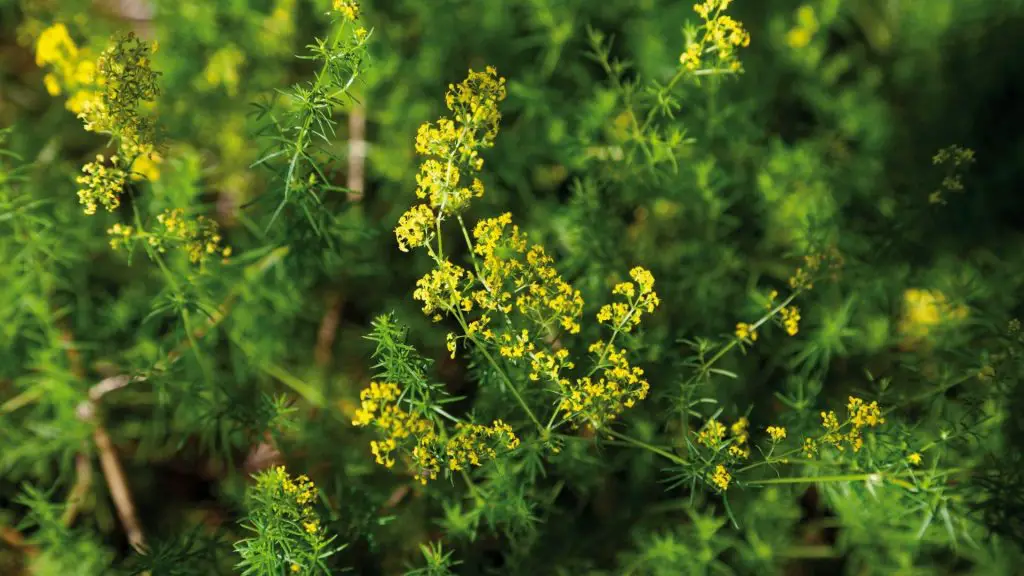
- Citric Acid: This nutrient acts as an antioxidant, and it protects the organism from damaging free radicals.
- Flavonoids: These are natural plant pigments. Flavonoids reduce the risk of cancer, stroke, and heart diseases and improve brain health.
- Tannins: The tannins lower high blood pressure, boost immunity, and balance blood sugar levels.
- Gallotannic Acid: It acts like an antioxidant that protects the body from diseases and free radicals.
Plantain Weeds
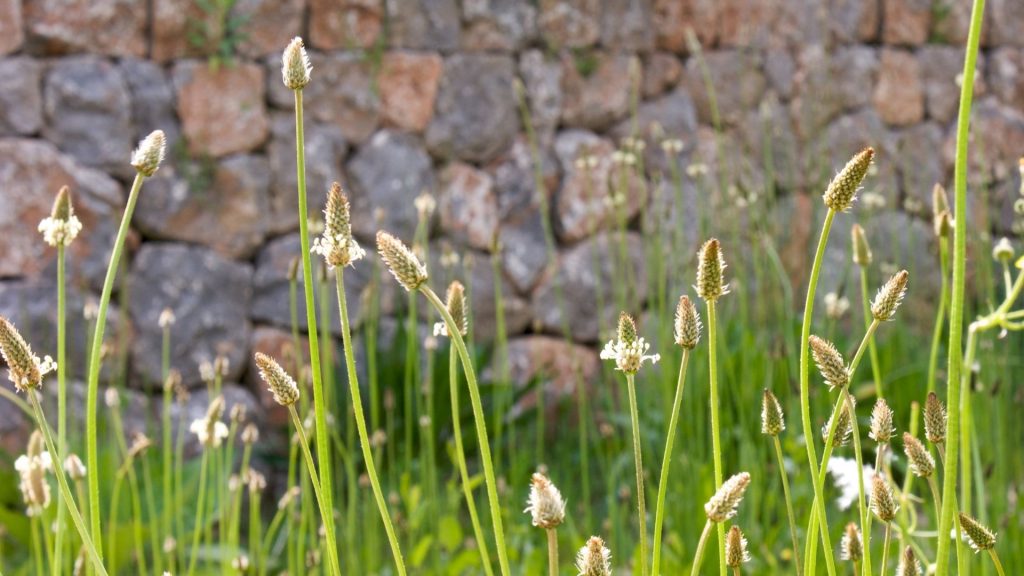
- Vitamin A: A very strong antioxidant that keeps the immunity in great shape.
- Calcium: This mineral for the formation of strong bones, but it’s harmful to the urinary tract of guinea pigs (if consumed in excess and too often).
- Vitamin C: It is an essential vitamin for survival and health of guinea pigs.
- Vitamin K: This vitamin is important for the blood. It produces prothrombin, a blood protein that helps with blood clotting.
Are Weeds Bad for Guinea Pigs? | Risks to Consider
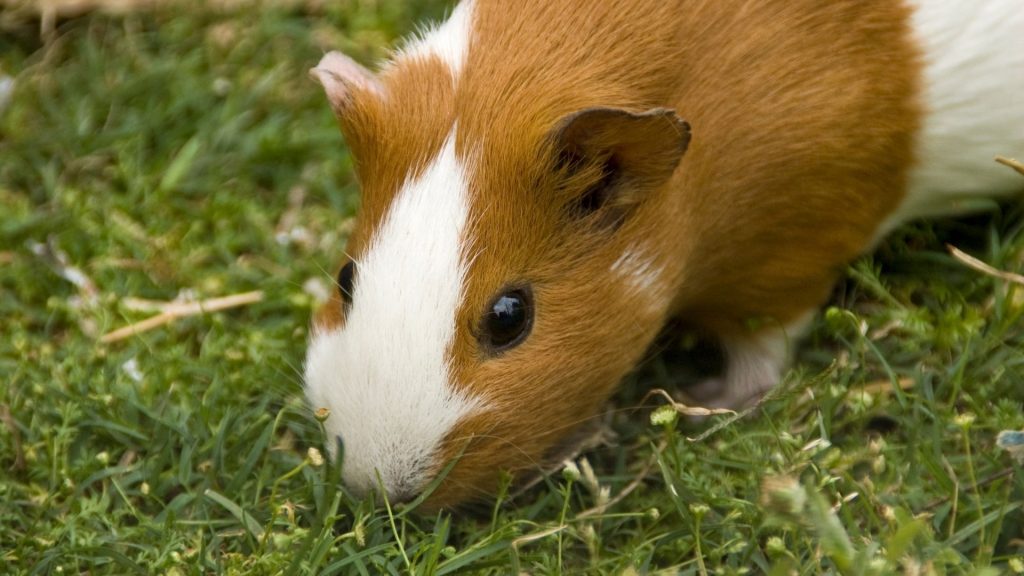
If the guinea pig tries some unidentified and possibly toxic weeds, they could be in great health danger. They can get stomach upsets from certain weeds, and in most serious cases, of poisoning, which can be fatal.
Here are the possible risks in feeding guinea pigs with unsafe weeds:
Urinary Problems
Calcium is present in some types of weeds, and it is not the healthiest nutrient for guinea pigs. It can be useful for the cavies only briefly while growing up. But, in adult guinea pigs, this mineral damages their kidneys and creates bladder or urinary stones, causes blood in urine, painful urinating, and can trigger frequent infections in the urinary tract.
Laxative and Diuretic Effect
This is especially for the dandelion weeds and some other weed types as well. It can stimulate guinea pigs’ bowels and bladder, so they might need to urinate and defecate more often.
Upset Stomach
Even the healthiest foods are not so good when consumed too much and too often. A lot of weeds can irritate the stomachs of the guinea pigs, so mix them up with some other foods in their diet!
Toxins and Pollutants
If you don’t have a garden or yard, you probably want to go for a walk and just pick some weeds for the guinea pig. But, you must be extremely cautious with this.
Weeds that grow near streets, busy roads, or areas with strong pollution in cities are definitely not good at all for your guinea pigs. These weeds absorb all the toxins and pollutants nearby. If your guinea pig eats them, they can get nauseous, or even worse, it could get poisoned. In this case, you must rush to the vet.
Remember, always pick edible weeds for guinea pigs from your own yard/garden or unpolluted areas.
Serving Size and Frequency of Weeds for Guinea Pigs
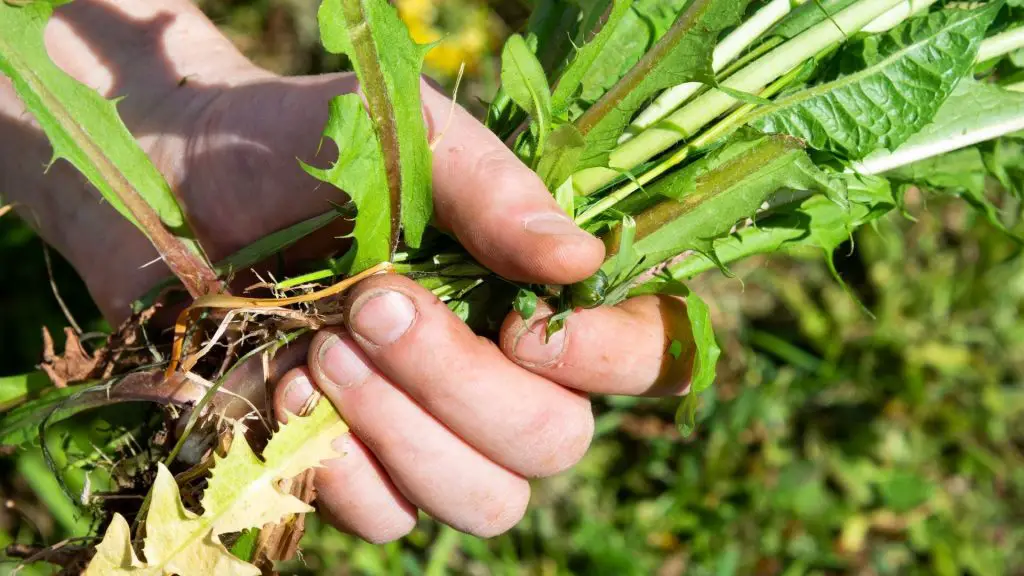
How Often Can Guinea Pigs Eat Weeds?
The rule for feeding guinea pigs for most leaves, herbs, flowers, and weeds is 2-4 times per week. Half a handful is quite enough for the serving size, and more than that could upset the tummy of the guinea pig. Just imagine if it consumes more than a handful – it will be like a regular size salad for humans, so that’s a lot to digest.
If your guinea pig can roam around the yard freely, let them munch on the safe weeds, but not for too long. Those little guys are fast, and you could be left without a lawn quickly!
What Are the Types of Weeds That Are Safe for Guinea Pigs?
Aside from dandelion weeds, cleavers, and plantain weeds, other types of edible weeds for guinea pigs are chickweed, groundsel, white and red clover, yarrow, white clover, hawthorn, and nut grass. But serve it to your pet in a recommended frequency, serving size, and preparation only to avoid health problems.
There are many more weeds that your pet can eat, but ensure to do your research before feeding it to them.
Quick Facts on Weeds
- The cleavers are also known as ‘kisses,’ ‘sticky weed,’ ‘sticky willy,’ and ‘sticky bud.’
- Cleavers have small hairs that look hooked, and they use them to attach themselves to everything on the way.
- The chickweed seeds exist date back to Neolithic times, 12,000 years ago.
- Chickweed was also used as food for chickens, fowl, rabbits, and hogs.
- Yarrows are also called ‘poor man’s pepper’ because they taste pungent and bitter.
- There are over 100 species of dandelion worldwide.
- Weeds, in general, can be divided into broadleaf and grassy weeds. The broadleaf weeds are flat and netlike. On the other hand, grassy weeds are narrow and have an upright form of leaves.
We have also made a full list of foods that guinea pigs can and can’t eat (150+ Types of Foods). Be sure to also check our recommended products page for everything you will ever need to assure a happy life for your Guinea Pigs. Hope this information was helpful and you have found the answer you were looking for.
List of Sources
Staying Healthy: Understanding Antioxidants
Diseases of Research Animals – DORA: Hypovitaminosis C (Scurvy)
The Physiological Effects of Dandelion (Taraxacum Officinale) In Type 2 Diabetes
